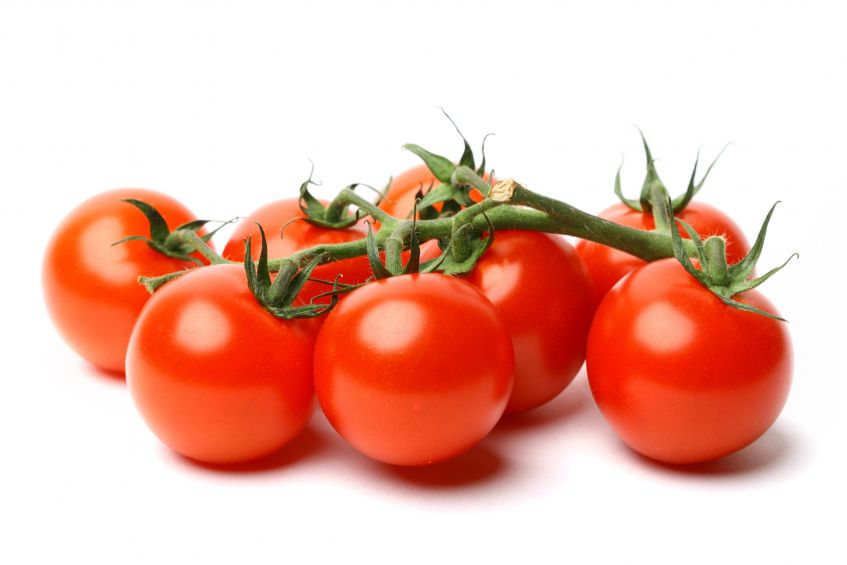Every day, you hear arguments for eating an all-organic diet. Many claim that it’s better for the planet, better for your body and even a better source of nutrients. However, arguments like this only tell part of the story. Organic food is generally far more expensive than conventionally-grown food, and research has shown that the nutrient profile of organic produce is actually no different than that of conventional produce. Furthermore, contrary to popular belief, organic produce is not free of pesticides.
That’s why it’s important to know which fruits and vegetables are worth buying organic and which are safe to buy conventional. Here’s a handy organic shopping guide.
Go Organic
Certain fruits and vegetables are exceptionally vulnerable to pest infestations. Unless they’re grown organically, farmers spray these foods with copious amounts of potent chemical pesticides, many of which have been found to cause harm to people and animals. Whenever possible, it’s recommended to purchase an organic version of these fruits and veggies:
- Thin-skinned fruits: These are fruits whose skins are commonly eaten, so you don’t want any chemicals hanging around on them. Fruits to buy organic include apples, cherries, pears, nectarines, plums and mangos.
- Difficult-to-wash fruits: Certain fruits possess a skin that can reduce the effectiveness of washing. These include peaches, apricots, kiwis, and certain exotic fruits like lychee, rambutan and dragon fruit.
- Berries: All kinds of pests love berries, so these are some of the most heavily sprayed fruits grown. Always buy organic strawberries, blueberries, blackberries and raspberries.
- Root vegetables: These veggies have a tendency to absorb whatever is in the soil around them, including pesticides. If you’re shopping for potatoes, carrots or parsnips, it’s best to go organic.
Save Your Money
There are a surprising number of fruits and veggies that are perfectly fine to buy conventional, either because pests don’t bother them or other methods of pest control are used. These include:
- Brassicas: This category includes vegetables like radishes, cabbage, broccoli, cauliflower, turnips and kale. The pests that bother these are easily hand-plucked or controlled by birds, so if they are sprayed, the substances used are mild and natural in origin.
- Corn: With all of the layers of husk that protect corn cobs, pesticides don’t make it to the corn itself. They are safe to buy non-organic.
- Onions and garlic: Onions and garlic act as their own pest control. No pests have ever been known to bother them, so these foods are not sprayed.
- Fruit-bearing nightshades: Produce like peppers, eggplants and tomatoes are bothered by only a few pests that don’t do much damage. To save money, growers generally avoid spraying them, with the exception of natural antifungals.




